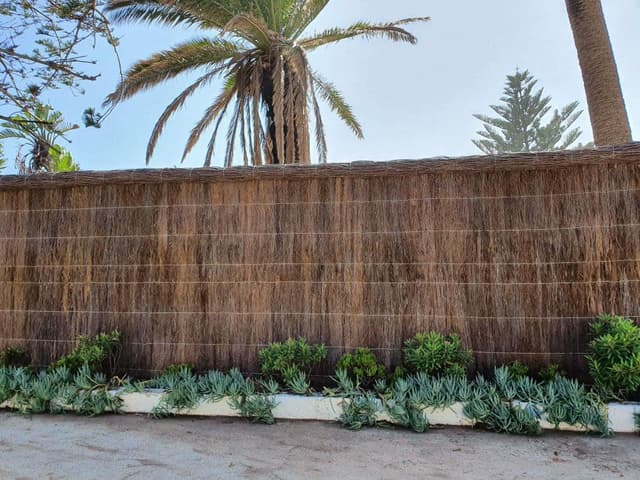The Federal Government is considering expansions to the trial cashless welfare system ahead of the budget next month.
The trial system exists as a cashless welfare debit card, onto which 80% of the individual’s welfare payment is transferred. This card cannot be used to buy alcohol, to gamble or withdraw cash, but is determined for use on essentials, such as food, housing, clothing and supplies. The remaining 20% is transferred to the recipient’s personal bank account and can be used at their discretion.
The scheme has been trialled on a compulsory basis in two areas – Ceduna in South Australia and East Kimberley in Western Australia.
Human Services Minister Alan Tudge has publicly declared that the system is on the table for the approaching federal budget and that consultations are underway on the impact.
“We just want to further consult with different regions in terms of their appetite for change, in terms of their appetite for having it introduced,” he told the ABC.
“And then we’ll consult obviously internally and assess whether or not we should be progressing further with it.”
The suggestion comes as a response to growing calls from Coalition MPs to roll the scheme out further in an attempt to curb rising levels of alcohol and gambling problems. A government-funded report last month found that a quarter of drinkers using the card had seen alcohol consumption drop, and a third of gamblers had quit or dramatically reduced addictions. However, one in two respondents said they were worse off under the card system.
Federal Liberal MP Rowan Ramsey is among those calling for an expansion, stating that he thought it was “difficult to envisage a community that it wouldn’t work in”.
However, Indigenous groups have voiced opposition to the proposal. The co-chairman of the National Congress of Australia’s First Peoples, Rod Little, stated that the existing trials had not sufficiently proved the viability of the scheme.
“I think it is probably premature [to expand],” he said.
“If you go in half-cocked to a program or a policy shift, when you don’t have the full evidence, it then will lend itself to further problems and it will cost more socially and economically to the Government.”
The Greens have supported the NCAFP, with the party’s Indigenous Affairs spokesperson Rachael Siewert claiming they would prefer “to see the money invested in measures that genuinely work”.












